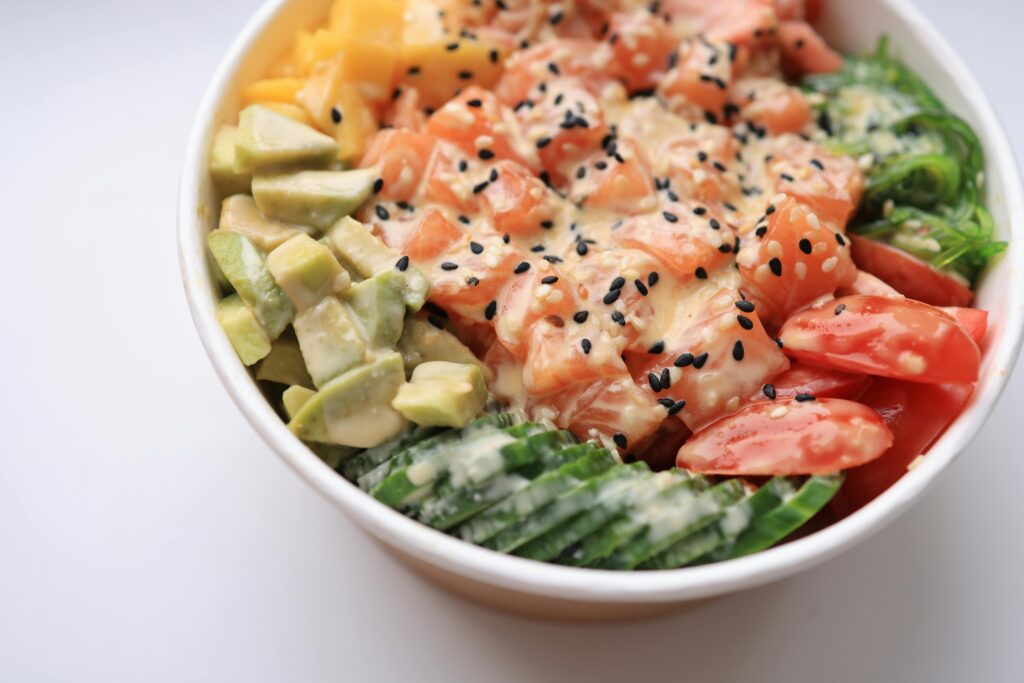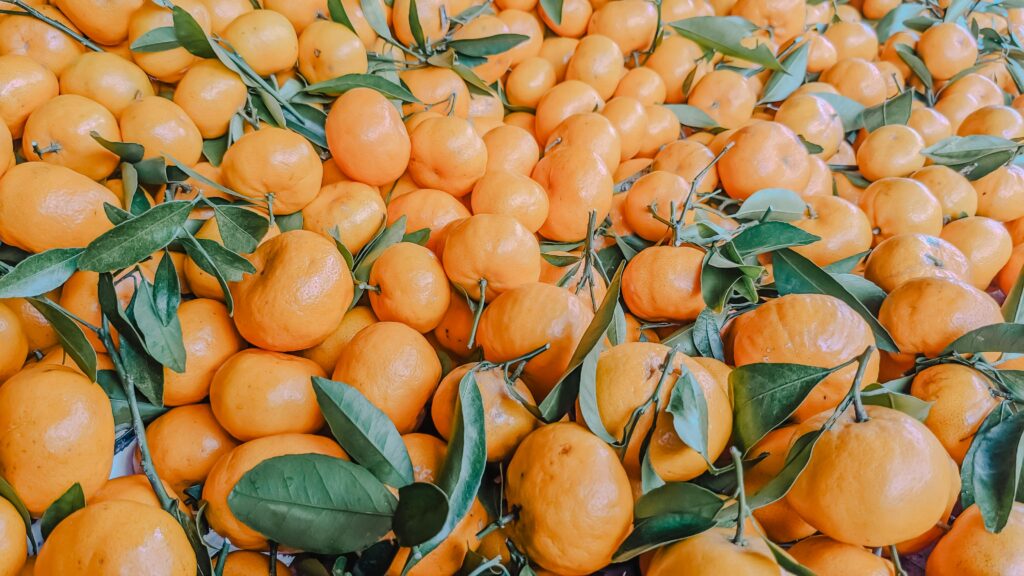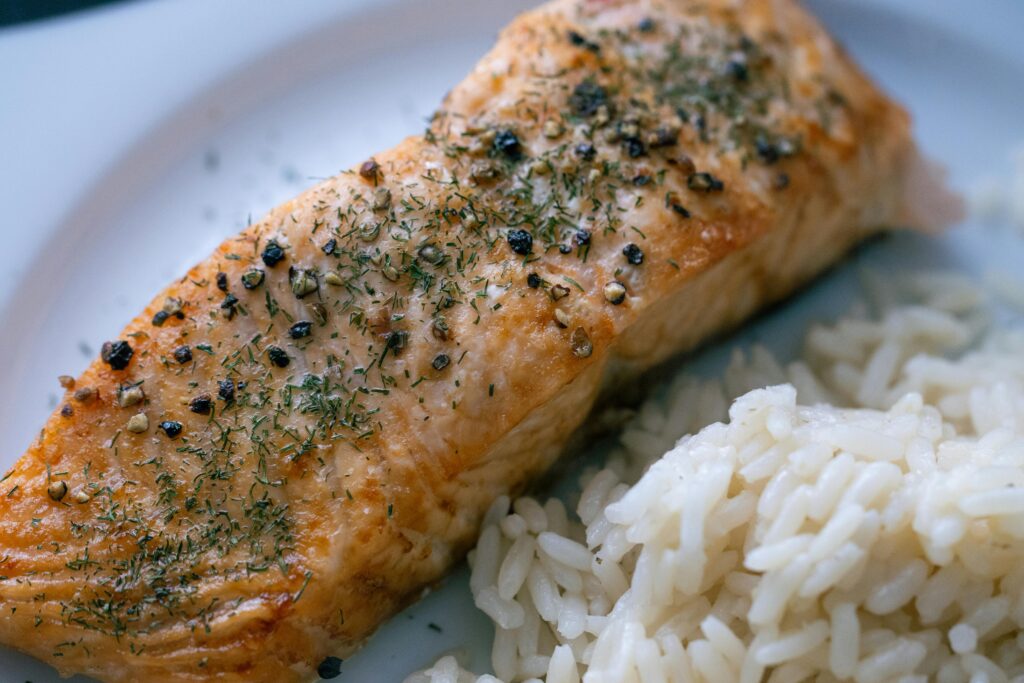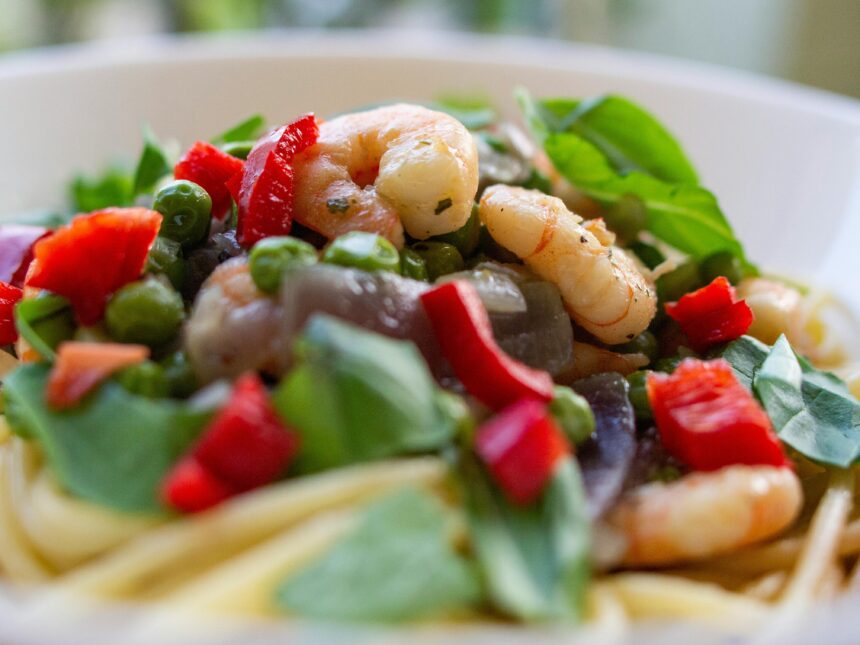As more people shift toward health-conscious and environmentally friendly eating habits, the demand for plant-based protein continues to rise. Whether you’re considering a plant-based diet for health reasons, sustainability, or personal preference, understanding the best and worst plant-based protein sources can help you make informed choices.
In this article, we’ll break down the science behind plant-based protein, its benefits, drawbacks, and how to incorporate it into your diet.

Is Plant-Based Protein as Good as Animal Protein?
One of the biggest questions surrounding plant-based diets is whether plant proteins can truly replace animal proteins in terms of nutritional value.

Complete vs. Incomplete Proteins
Proteins are made up of amino acids, nine of which are essential (meaning the body cannot produce them on its own). Animal proteins contain all nine essential amino acids, making them “complete proteins.”
Many plant proteins, on the other hand, lack one or more essential amino acids, which led to the old belief that vegetarians needed to combine foods (such as rice and beans) to ensure complete protein intake.
However, recent studies show that this concern is overstated. As long as you eat a variety of plant-based foods, you’re likely getting all the essential amino acids your body needs.
The Exception: Vitamin B12
One area where plant proteins fall short is vitamin B12, which is primarily found in animal products. If you follow a strictly vegan diet, consider supplementing with B12 to avoid deficiencies affecting brain function and red blood cell production.

The Benefits of Plant-Based Protein

1. Supports Heart Health
Swapping animal proteins for plant-based proteins can lower cholesterol, reduce blood pressure, and decrease the risk of heart disease.
2. Aids in Weight Management
Plant-based diets tend to be lower in calories and higher in fiber, which helps you feel full for longer and supports healthy weight maintenance.
3. Reduces Risk of Type 2 Diabetes
A plant-based diet has been linked to better blood sugar control and lower insulin resistance, reducing the risk of type 2 diabetes.
4. Environmentally Sustainable
Compared to animal protein, plant-based protein requires less land, water, and energy to produce, making it a more sustainable choice for the planet.
The Downsides of Plant-Based Protein
While plant-based protein has many benefits, there are a few considerations:
1. Some Sources Are Highly Processed
Not all plant proteins are created equal. Many plant-based meats and protein powders contain high amounts of sodium, preservatives, and saturated fats. Always check the labels when buying packaged products.
2. Potential Digestive Issues
Plant-based proteins are often high in fiber, which can be difficult for some people to digest—especially those with IBS or sensitive stomachs. Start slow and increase fiber intake gradually.
3. Allergens in Plant-Based Protein
Common plant-based protein sources like soy, nuts, and gluten can be problematic for people with allergies. If you have food sensitivities, choose protein sources that work best for your body.
Best Plant-Based Protein Sources
If you’re looking for the most nutritious and effective plant-based proteins, here are some top options:
✅ 1. Lentils & Beans
✔ High in protein and fiber
✔ Great for gut health
✔ Versatile and affordable
✅ 2. Tofu & Tempeh
✔ Complete protein with all essential amino acids
✔ Great meat substitute
✔ Packed with iron and calcium
✅ 3. Quinoa
✔ Complete protein
✔ Naturally gluten-free
✔ High in fiber
✅ 4. Nuts & Seeds (Almonds, Chia, Flax, Hemp, Pistachios)
✔ High in protein and healthy fats
✔ Great for snacks or smoothie add-ins
✔ Supports brain and heart health
✅ 5. Plant-Based Protein Powders
✔ Convenient and concentrated protein source
✔ Good for post-workout recovery
✔ Choose clean, minimally processed brands
How to Make the Switch to Plant-Based Protein
✅ Start Small: Replace one or two meals per week with plant-based protein.
✅ Mix It Up: Combine different sources to ensure balanced nutrition.
✅ Choose Whole Foods: Focus on minimally processed options.
✅ Supplement When Needed: Consider B12 and omega-3 supplements for a fully balanced diet.

The Future of Plant-Based Protein
As more people recognize the health and environmental benefits of plant-based proteins, the industry continues to evolve. With innovations in fermentation-based protein, algae protein, and cultured plant meat, the future of plant-based eating looks brighter than ever.
Whether you’re fully plant-based or just incorporating more plant proteins into your diet, making mindful choices about your protein sources can have a big impact on your health and the planet.
💡 What are your favorite plant-based protein sources? Let us know in the comments!






